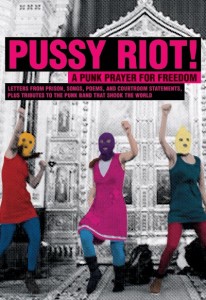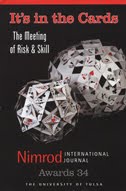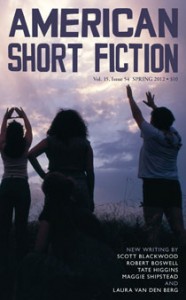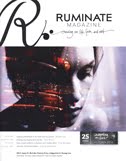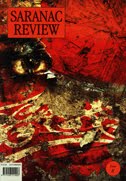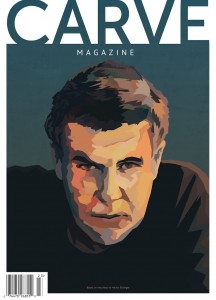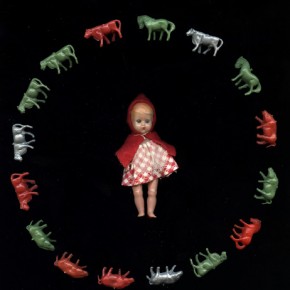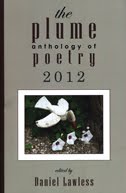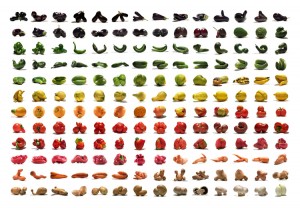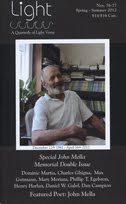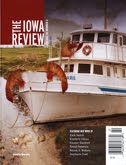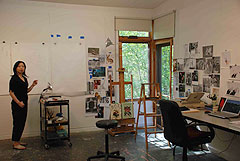“I want to start with the milestone today of 4000 dead in Iraq. Americans. And just what effect do you think it has on the country?” -Martha Raddatz, ABC News White House correspondent to Dick Cheney in 2008
For the past four years, Jennifer Karmin has been collecting submissions of words as a memorial to the 4,487 American soldiers killed in Iraq. These words also create a public poem given away to passing pedestrians during street performances around the country. Throughout October 2012, she will transpose the elegy onto the walls of a dilapidated Chicago mansion utilizing the American flag as her writing utensil. The house will become the site for community events with 4000 Words 4000 Dead concluding on Veterans Day and published by Sona Books.
SUBMISSION DEADLINE:
*October 15, 2012
SUBMIT:
*Send 1 – 10 words
CONTACT:
*Email submission with subject 4000 WORDS to: jkarmin at yahoo dot com
EVENTS:
This project is part of the show Home: Public or Private? and presented by 6018NORTH, a non-profit space for experimental culture, installation, performance, and sound. All events will happen at 6018 N. Kenmore in Chicago’s Edgewater neighborhood. Due to the home’s condition, space is limited. RSVP at http://6018north.weebly.com/rsvp-for-the-home-show.html.
*Opening:
Friday, Oct 5 @ 7-10pm
*Installation:
Saturday, Oct 6 @ 2-3pm & 4-5pm
Sunday, Oct 14 @ 2-3pm
Saturday, Oct 20 @ 2-3pm & 4-5pm
Saturday, Oct 27 @ 2-3pm & 4-5pm
Sunday, Oct 28 @ 2-3pm
*Artists’ Talk:
Saturday, Oct 20 @ 12pm
*Community Discussion & Potluck:
Saturday, Oct 27 @ 6-8pm
*Street Performance:
Sunday, Oct 28 @ 4-5pm
Home: Public or Private?
an exhibition of installations & performances at 6018NORTH
What happens when our private life becomes public and public space becomes private? Located in a mansion on the north side of Chicago, the exhibition presents multiple artists exploring this question through installations within the rooms of the house. The investigations and activities presented explore the social, cultural, and political ramifications of our shifting conceptions of public and private space.
Artists include: Teresa Albor, Lise Haller Baggesen, Rebecca Beachy, Sandra Binion, Troy Briggs, Deborah Boardman, Sandra Binion, Cuppola Bobber, Keith Buchholz, Chelsea Culp and Ben Foch, Collective Cleaners, Meg Duguid, Daniela Ehemann, Maria Gaspar, Jane Jerardi, Jennifer Karmin, Nance Klehm, Joseph Kramer with Radius, Carron Little, Trevor Martin and Victoria Fowler, Lou Mallozzi, Jesus Mejia and Ruth, Harold Mendez, Katrina Petrauskas, Jesse Schlesinger & Vintage Theatre Collective.
Home: Public or Private? is sponsored by Chicago Artists Month.

